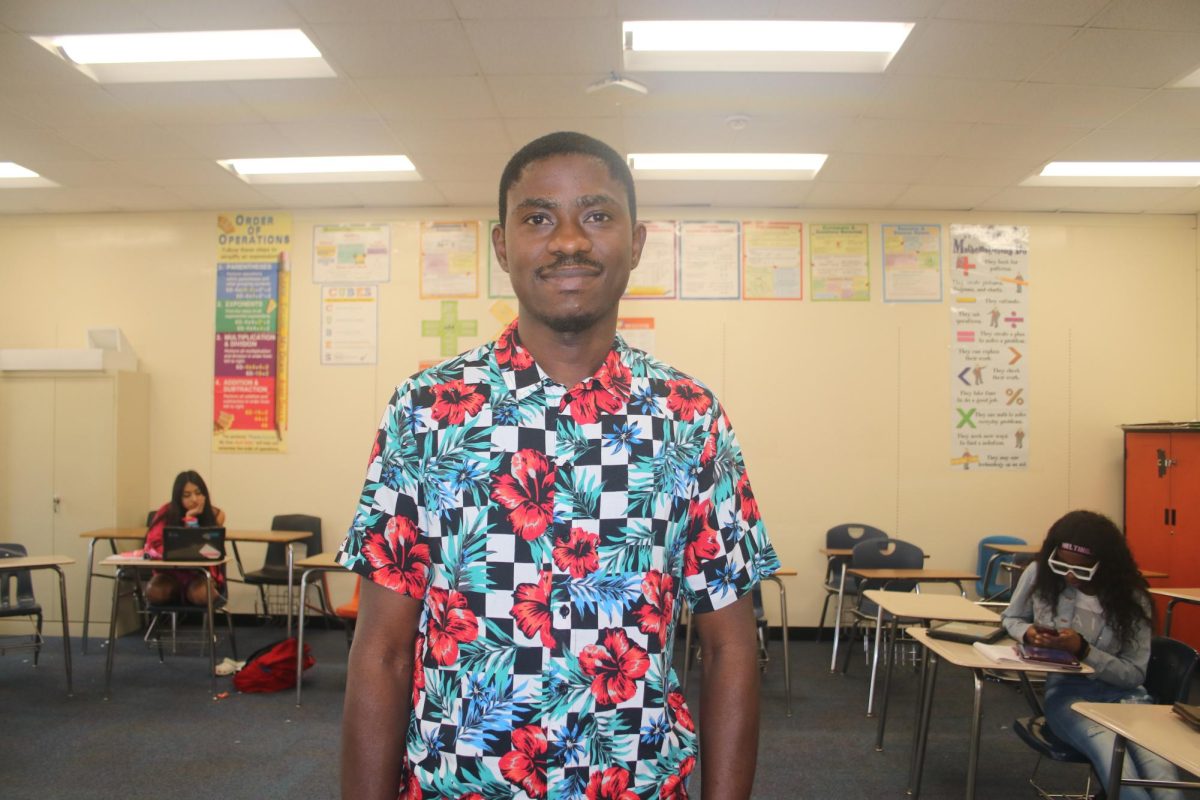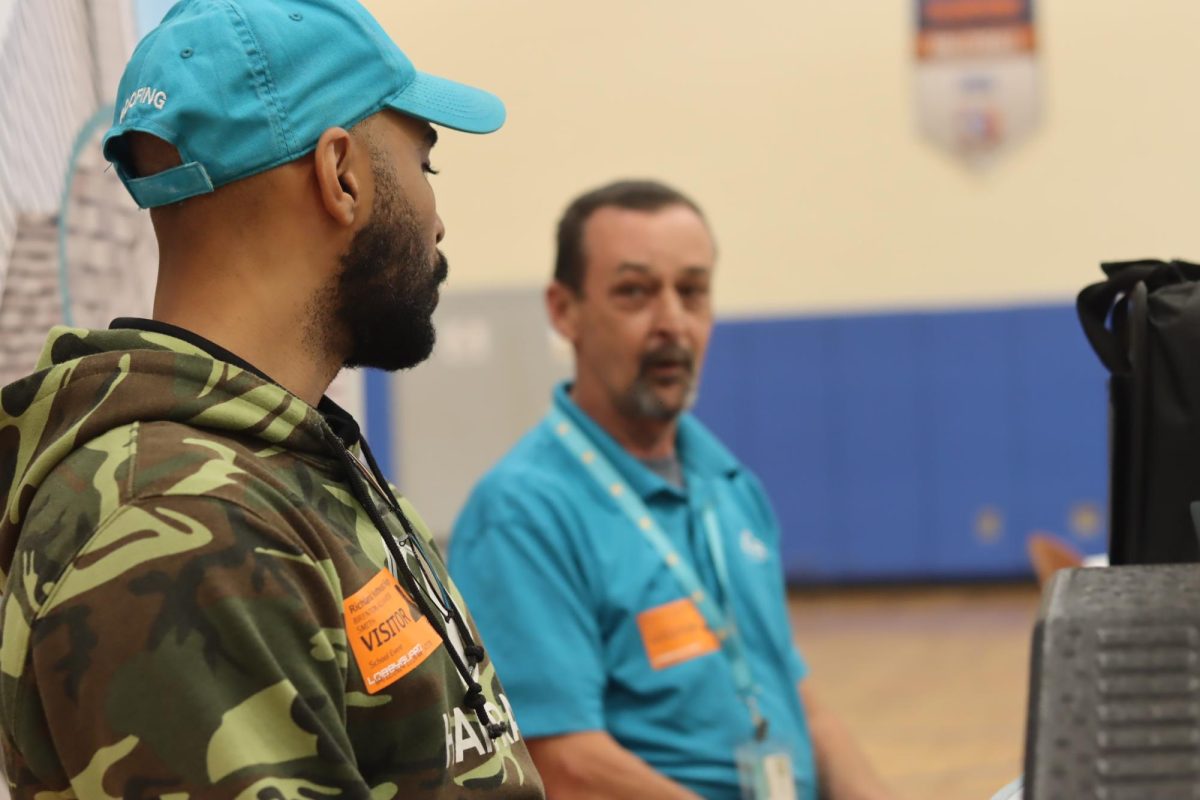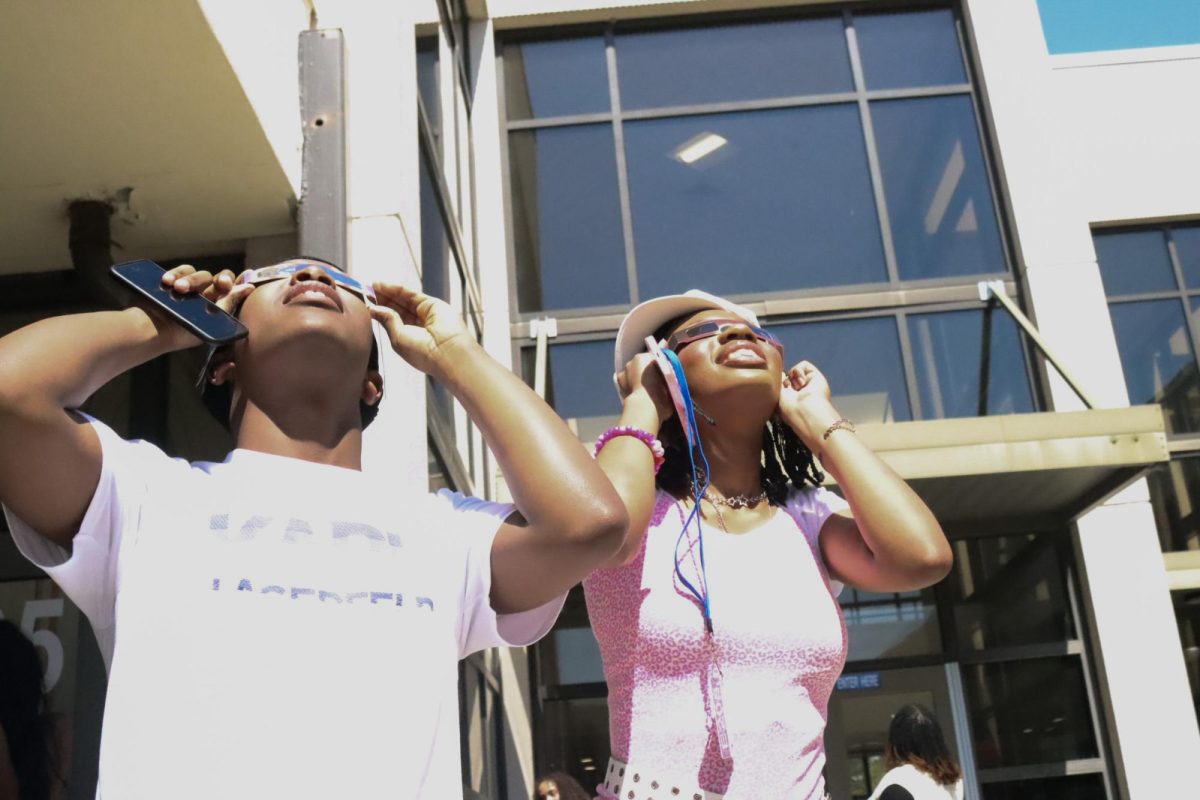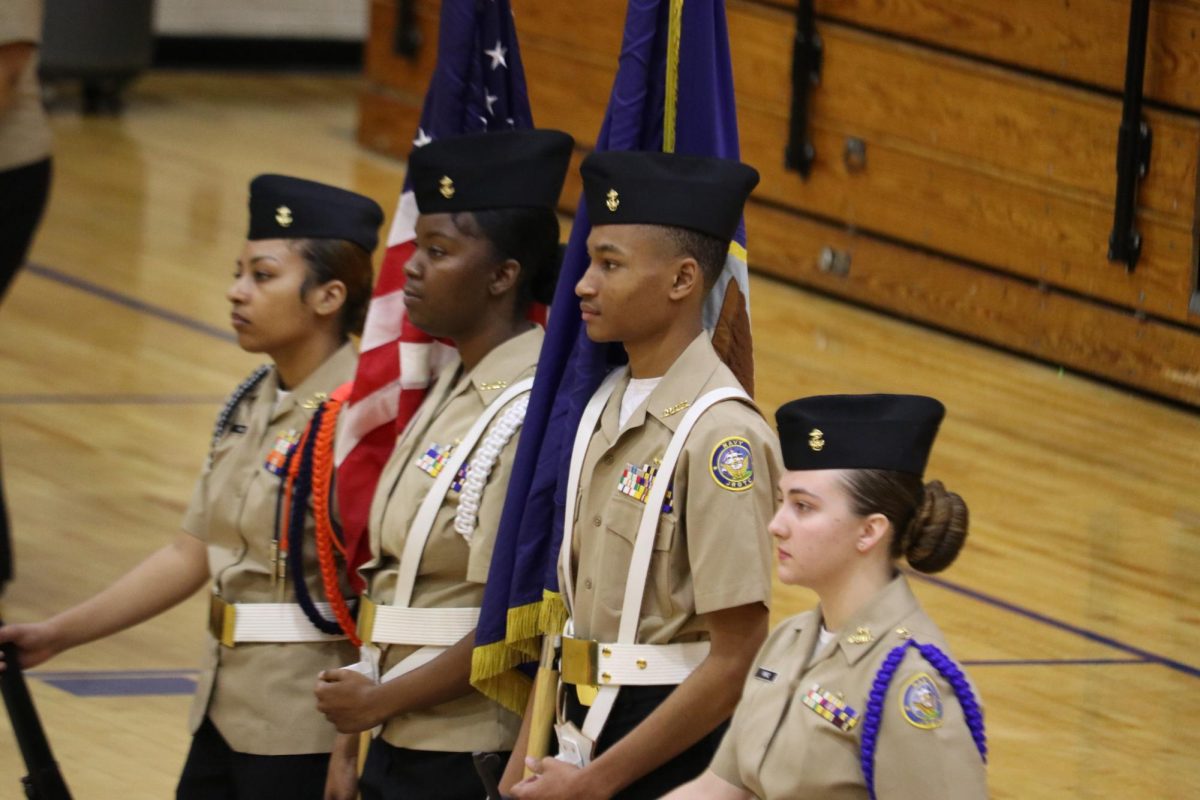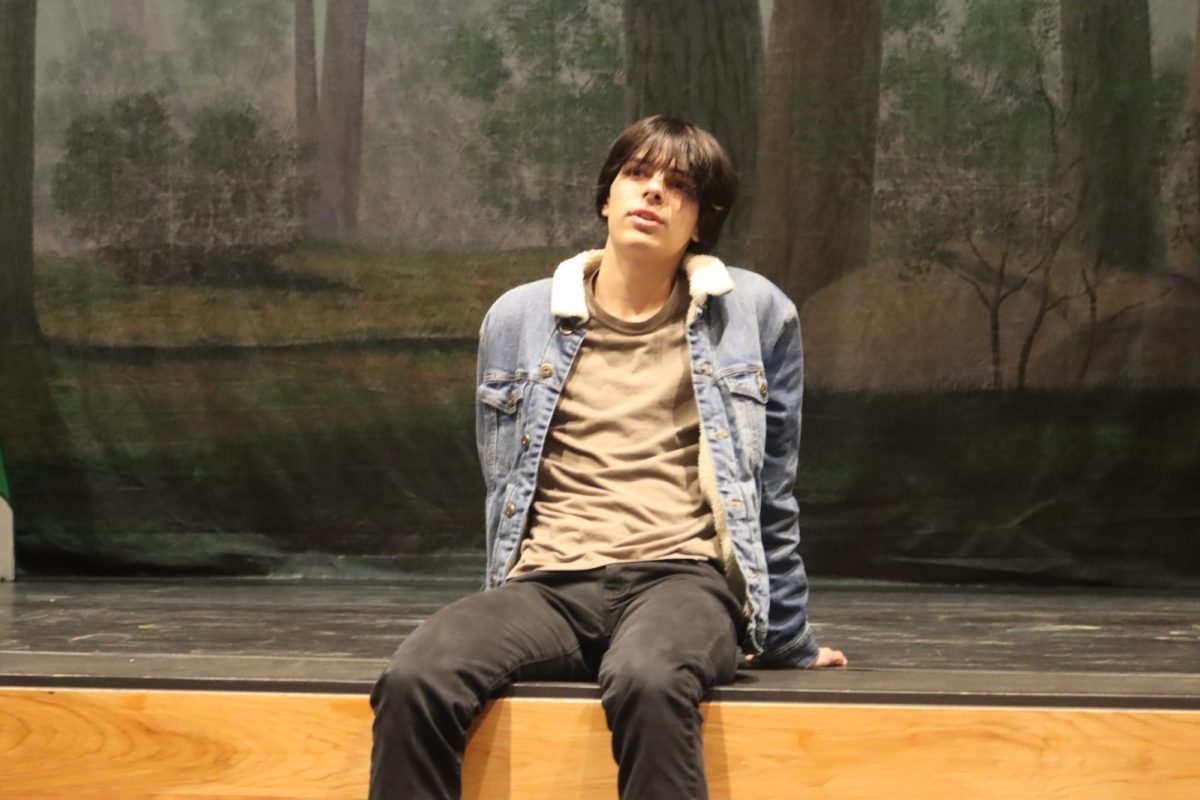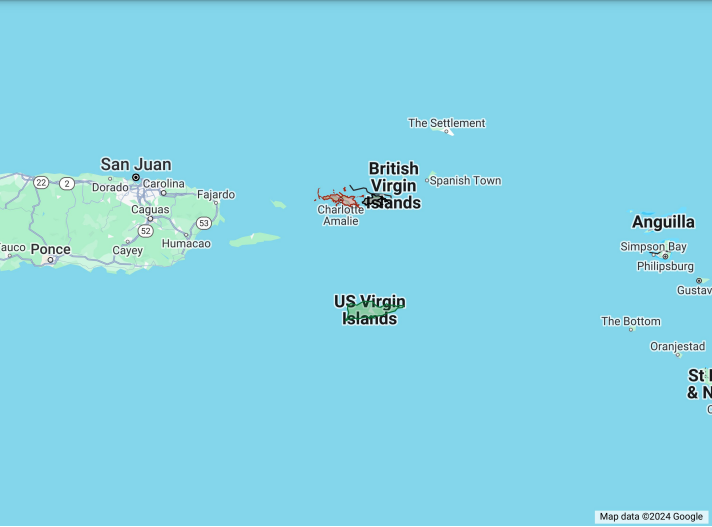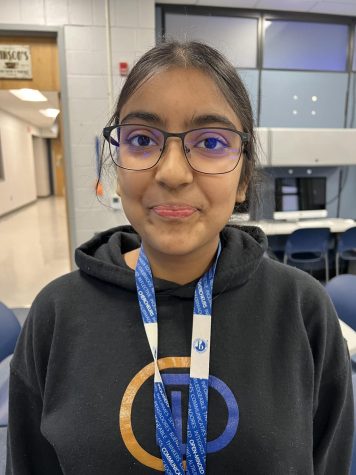“Do you know the day you were born? The Monday, Tuesday, Wednesday, Thursday, Friday?” Math teacher Prosper Tuffour asked.
Assigning a ‘soul name’ is one of the many cultural traditions that they do in Ghana, Tuffour’s home country. This name is based on the day someone is born.
We call it ‘soul name’. So my soul name is Kwaku, that’s what they used to call me at home. That name is not given, you automatically get it, it is based on the day you were born.
— Prosper Tuffour
This traditional naming ceremony marks a person’s birth, passage into a tribe. Each day of the week has a corresponding soul name, differing between genders, with each name holding a special meaning. Kwaku means ‘associated with spiders.’
Growing up education was a priority to him and his peers, leading to competition between students.
“In math, when she [his competitor in school] would score 80, I would score like 20, in math she would be able to overtake me and I would take the second position,” said Tuffour.
Tuffour was determined to regain his position on the academic podium.
“I met this math teacher, he didn’t understand why I was performing well in all the other subjects, but I was struggling in math” Tuffour reminisced. “So, he took it upon himself to help me out. I remember he would sit with me, sometimes after school, to just make sure I understood what he taught in class.”
Having a one-on-one learning experience helped Tuffour find his passion for teaching in the field of mathematics.
“Between 2015-16 I taught middle school, and then in 2017 I moved to the high school [in Ghana] until 2022 when I came here,” Tuffour said. “Then a friend introduced me to the TPG program, which gives opportunities to teachers to come to the US and teach.”
TPG Cultural Exchange is a program that provides qualified, certified English-speaking teachers the opportunity to teach in America. It trains, transports and tracks the teachers that come from numerous countries who have a strong desire to teach in American schools.
“I applied to TPG,” Tuffour said. “I had to go through a series of interviews, and I had about three interviews with TPG, you have to pass those before they’ll even get you to a school.”
Richland Northeast wasn’t the first school that was available to Tuffour.
“Two days after I had an interview with a school in Florida, TPG reached out to me again and told me there was another vacancy here at RNE,” Tuffour said.
To secure his spot at RNE, Tuffour had an interview with Principal Mark Sims, many administrators [at RNE], and Alisha Seymour [math teacher at RNE]. A rigorous interview process just to apply to TPG had prepared Tuffour for the Zoom interview with RNE administrators.
I compared several cases, several scenarios, the cost of living in Florida compared to the cost of living in Columbia, South Carolina. In the end I decided to choose RNE.
— Prosper Tuffour
After choosing RNE, TPG sponsored Tuffour’s J-1 Visa, and expedited the process to allow him to set foot in America.
“I set off from Ghana on the 18th [of August] and got here on the 19th [of August],” Tuffour said.
Experiencing the cultural shift from Ghana to America, Tuffour realized that many students had taken education for granted.
“When I was going to school, everything, the fees, every single book, everything, was supposed to be paid by your parents. If your parents do not have money, you can’t go to school,” Tuffour said.
When he asked his students why they were uninterested in school, many students responded that they’re more interested in joining the workforce than spending time in school. They felt as if they had been forced into the classroom, and asked why it is mandatory to come to school.
“There is a saying back home, that [education] is the best property that your parents can give to you,” said Tuffour. “If you should grow up in a big family, you’ll see that the money that you are earning now is not going to take care of your family.”


